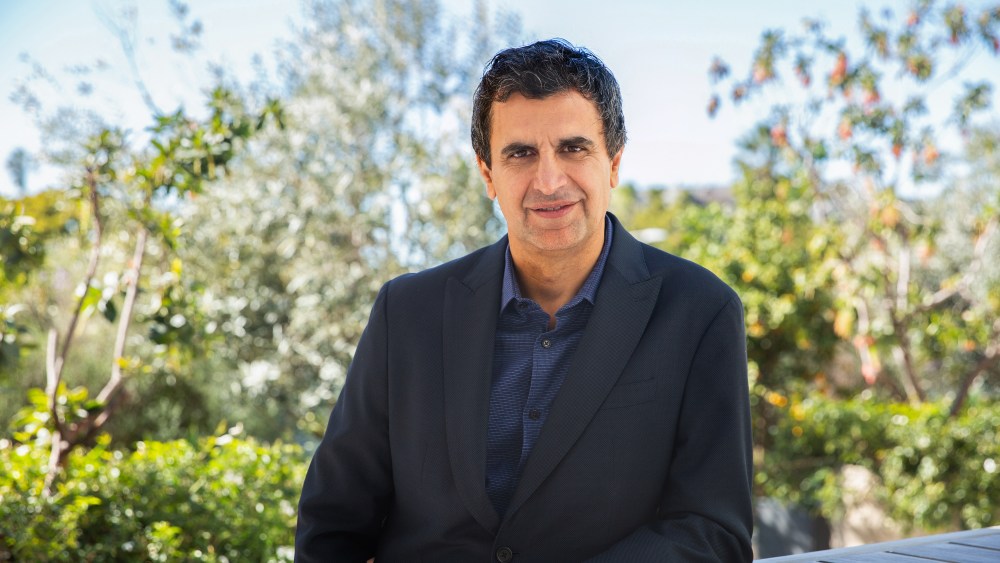In the challenging landscape of the global market, Unilever has managed to navigate through obstacles with relative resilience, driven primarily by its beauty and wellbeing brands. The company’s first quarter of 2025, marked by a significant transition in leadership, saw earnings dip slightly by 0.9 percent, bringing total sales down to 14.8 billion euros. However, when considering their underlying performance, there was a more optimistic 3 percent growth, which the company attributed to an increasingly premium product focus and innovative strategies, especially in developed markets. Newly appointed CEO Fernando Fernandez, following the unexpected ousting of Hein Schumacher, opened the company’s quarterly update by emphasizing a commitment to growth in this premium segment.
Fernandez, who previously served as chief financial officer, highlighted the broader economic challenges that have characterized the first quarter, including heightened consumer uncertainty. In emerging markets, he discussed targeted interventions aimed at boosting growth amidst fluctuating economic conditions. While admitting to these difficulties, Fernandez remained positive, pointing to Unilever’s strong research and development initiatives and marketing investments as key factors that would enable them to meet their growth objectives for the year, aiming for an underlying sales growth rate of 3 to 5 percent by 2025. He expressed confidence in the expected recovery in markets like Indonesia and China later in the year, bolstered by strategic adjustments in response to local consumer trends.
The performance of Unilever’s so-called “power brands” during the quarter was illuminating, revealing a 3 percent growth overall. Among these, Dove emerged as a standout performer, achieving over 8 percent growth within the beauty and wellbeing sector, driven by new product launches such as Vaseline’s Pro Derma Ceramide range and Dove’s body serums. The underlying growth rates in both the beauty and wellbeing divisions—4.1 percent—along with personal care—5.1 percent—demonstrated a clear shift toward health-oriented beauty products, setting these sectors apart from the slower growth seen in home care and food categories.
Unilever’s offerings in prestige beauty, however, faced challenges, with a slight decline observed across the board. Notably, brands like Hourglass continued their trend of double-digit growth, while some established names experienced declines. Despite these fluctuations, the premium biotech hair care brand K18 also reported strong double-digit growth, albeit over a smaller sales base. This contradiction reflects the complex nature of market dynamics, where innovation and consumer preferences significantly dictate success.
Dove’s performance solidified its position as an essential driver of Unilever’s overall sales. Representing nearly 40 percent of its personal care revenue, Dove thrived thanks to successful product launches and high-profile marketing campaigns, including a hefty investment during the Super Bowl. These initiatives appear to resonate well with consumers, emphasizing self-care and body positivity, which are vital themes in today’s beauty market. Analysts noted that while Unilever’s shares had remained relatively stable at 48.23 pounds, overall sentiment regarding the quarterly results was mixed, with banking institutions exhibiting caution toward the company’s trajectory.
Overall, while Unilever faces ongoing challenges in specific sectors, the resilience demonstrated in beauty and wellbeing paves the way for a more optimistic outlook. With expectations of improvement and a cautious yet hopeful approach to future growth, Unilever is striving to adapt and innovate amid a rapidly changing economic environment. Analysts predict a potential uptick in growth in the coming quarter, showcasing the importance of agility in brand strategy and product development within the competitive consumer product landscape. The company seems poised to capitalize on its strengths while addressing the realities of the broader marketplace and consumer preferences, offering a glimpse into a promising future for this iconic brand.

